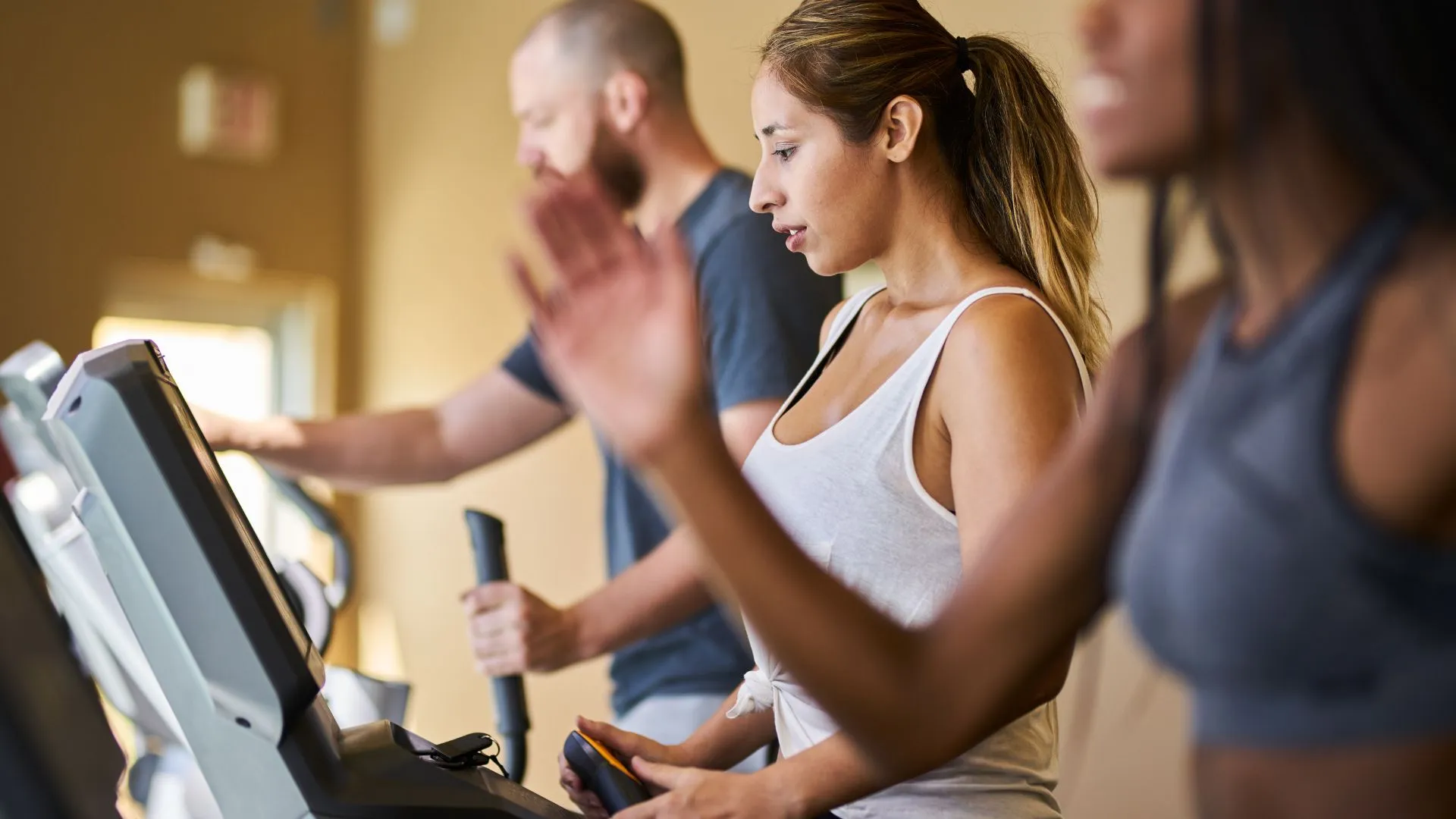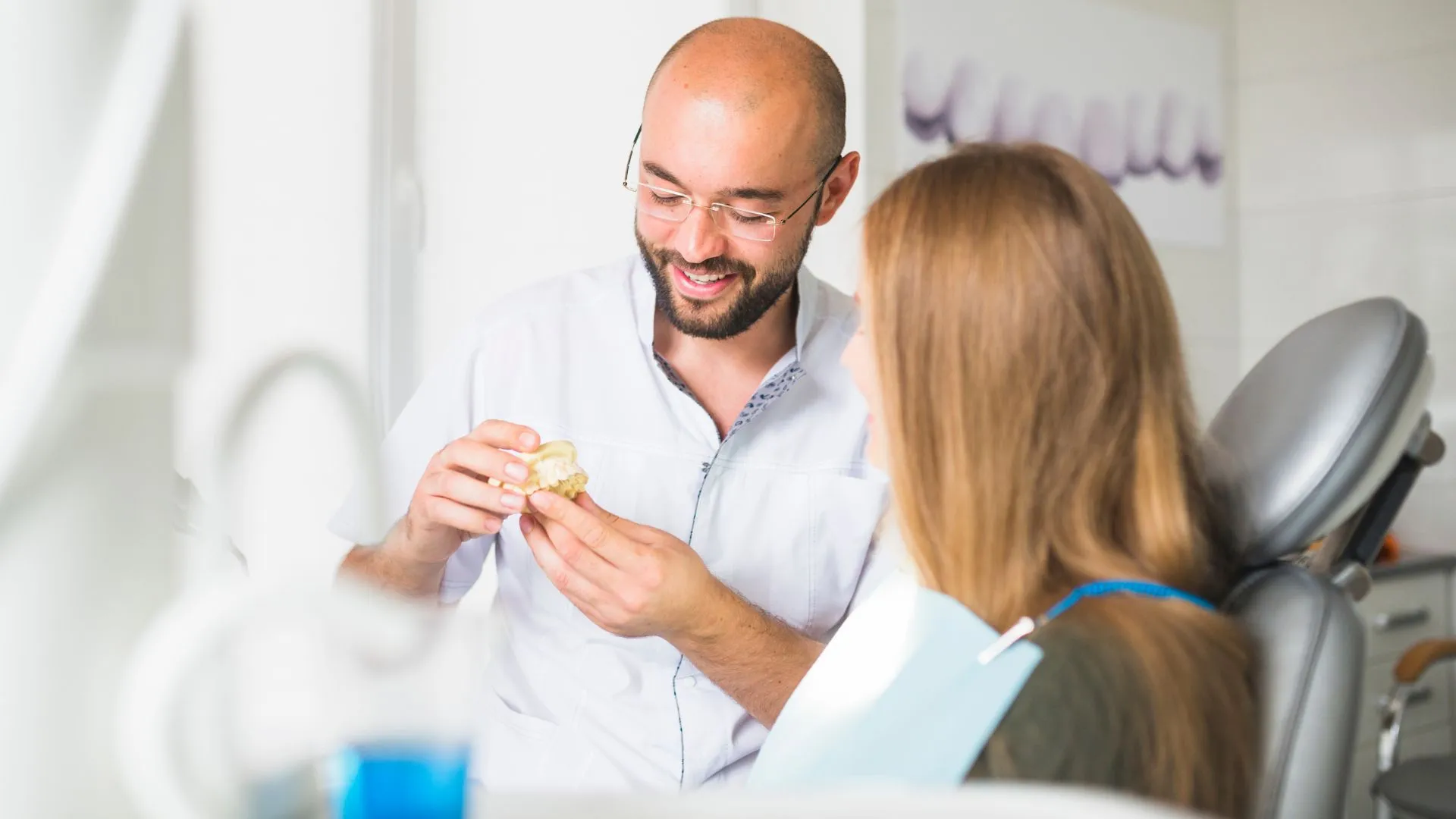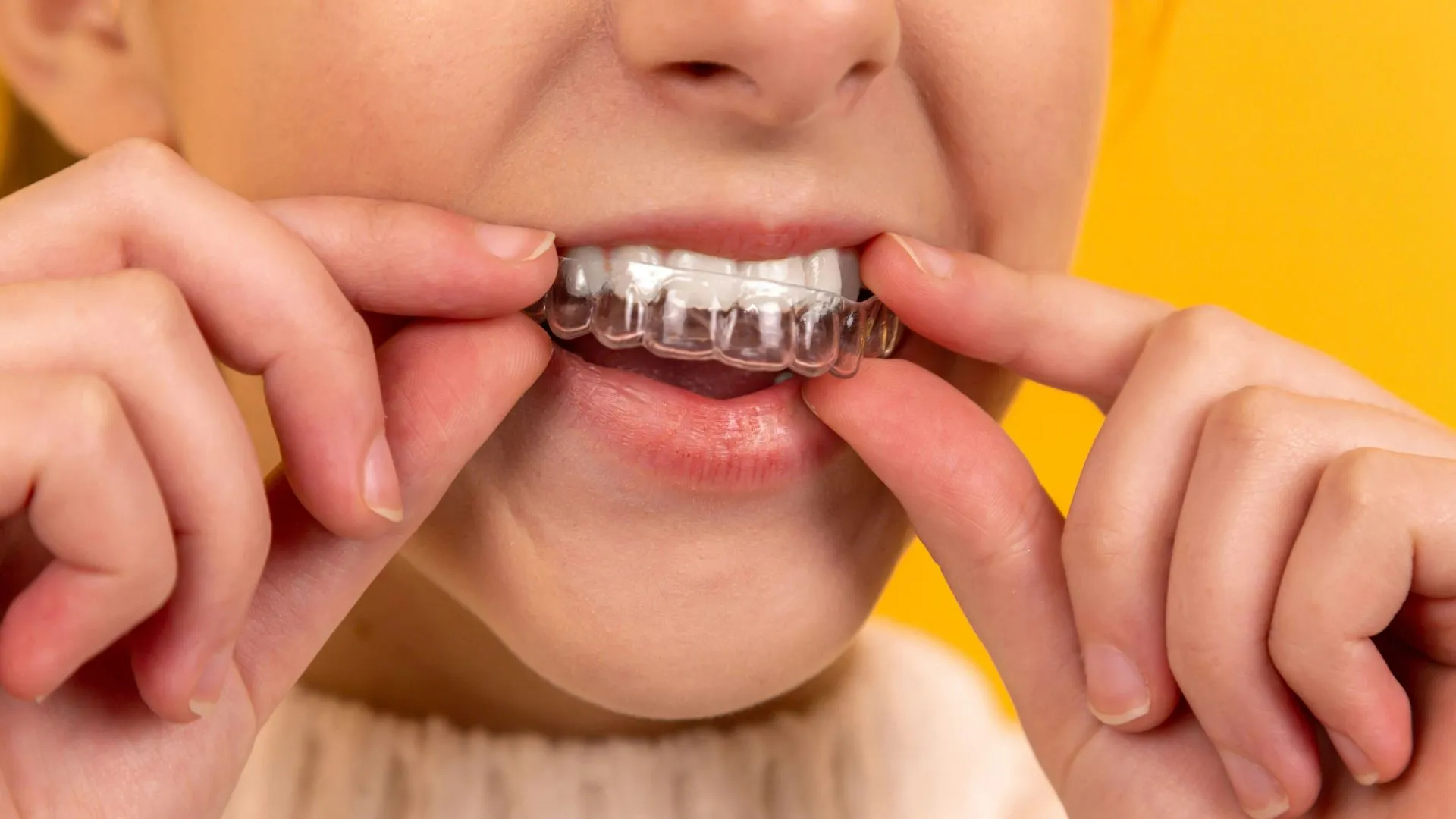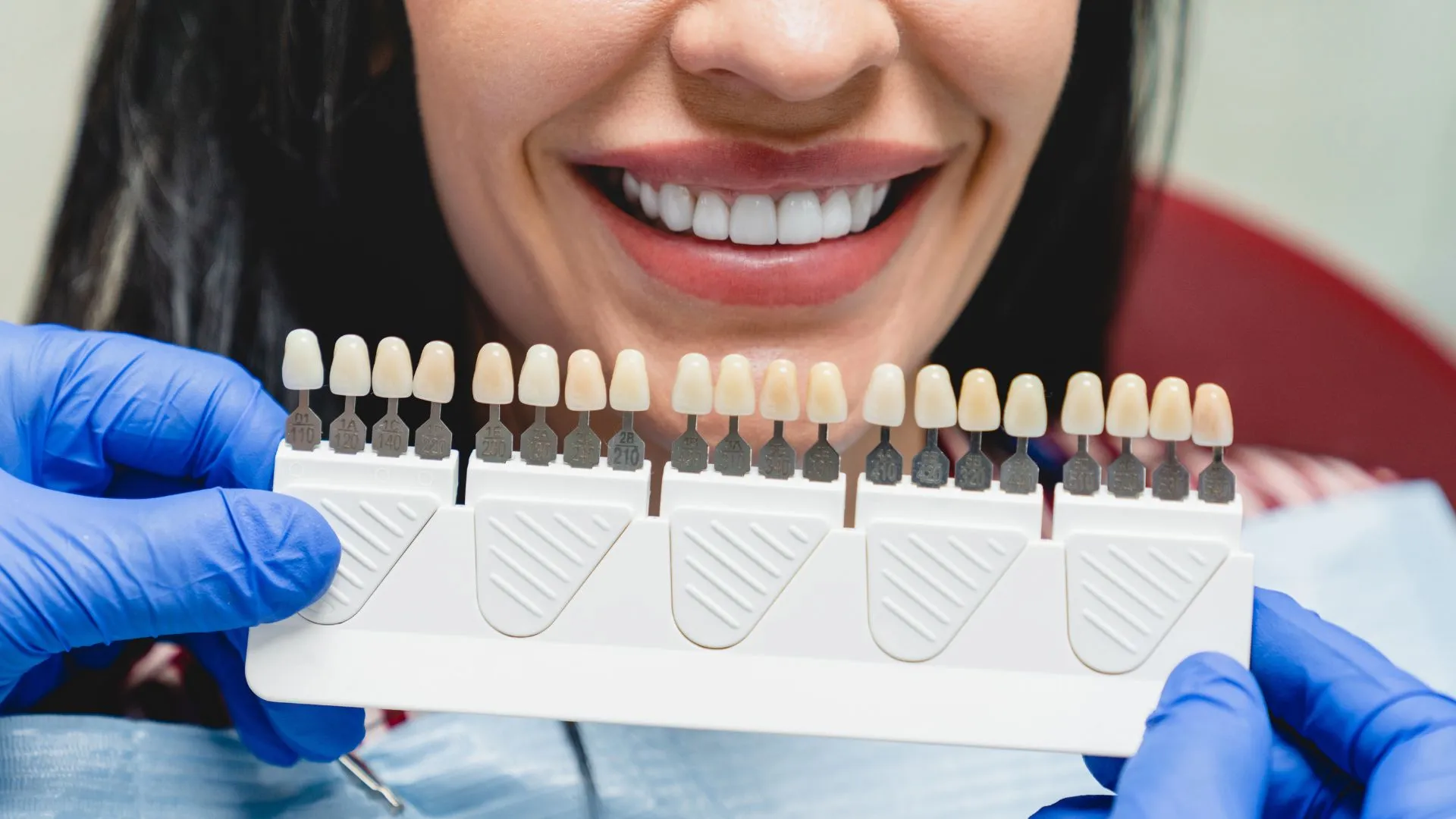When you think of working out, you probably focus on areas like your glutes and biceps—how about your teeth and gums? Believe it or not, exercise does play a role in improving your dental health.
When you think of working out, you probably focus on areas like your glutes and biceps—how about your teeth and gums? Believe it or not, exercise does play a role in improving your dental health.
A post from Carefree Dental outlines the benefits:
Positive impact of exercise on dental health
Regular exercise prevents gum disease
A study published in the Journal of Dentistry in 2005 found that regular exercise can help lower the risk of contracting periodontitis, or gum disease. After studying the relationship between gum disease and physical activity, the report concluded that exercising regularly is associated with lower risk of developing gum disease. In fact, the people who regularly worked out and had never smoked were 54% less likely to have periodontitis compared to those who reported no regular physical activity. A National Health and Nutrition Examination Survey also found that even partially active people (exercising 3 times or less per week) were 33% less likely to have periodontitis than those who do not exercise.
Correlation between [lower] BMI and [good] oral health
Maintaining a healthy BMI (body mass index) is actually very beneficial for your oral health. Health issues associated with obesity like hypertension and diabetes are known for contributing to poor oral health. In fact, a study in The Journal of Periodontology from the University of Florida conducted a study to find the affect that weight has on dental health. Researchers looked at BMI, body fat percentage, and oxygen consumption to assess how healthy each participant was. According to the study “Individuals who maintained normal weight, engaged in the recommended level of exercise, and had a high-quality diet were 40% less likely to have periodontitis compared to individuals who maintained none of these health-enhancing behaviors.”
While exercise can reduce patients’ risk factors for gum disease, an active lifestyle also has effects on dentistry practices.
At ASDA blog, one dental student found that he could handle the stresses of the profession better when he exercised–and his physical activity also improved his dexterity in regards to dental instruments:
Outdoor hobbies might just improve your dentistry
For me, backpacking is a great avenue to escape the stresses of dental school. It offers a moment of peace to reflect in nature, which can significantly improve your mental health as well as provide a means for physical exercise. Since nearly everyone can walk, backpacking is an accessible activity for many people. Hiking trails for beginners are as short as one mile and those seeking a challenge can tackle trails as long as 20 miles. No matter the length of the trail, backpackers from all physical fitness levels are welcome to move at their own pace.
The best part of backpacking is that it offers so many ways to feel accomplished. For some, enjoying the journey is more satisfying than reaching the destination. However, my favorite aspect is finding hidden gems along the trail, such as a waterfall or a famous bouldering location. While backpacking hiking trails is my way of relaxing, bouldering is my way to improve strength. Bouldering is a great alternative to those who find going to the gym too repetitive. Plus, building your grip strength through climbing has benefits that can be applied to practicing dentistry. Improving finger strength can help steady your hands for deep cleanings, applying rubber dams, holding a handpiece or even torquing implants. For those who enjoy the social aspect of hobbies, bouldering has a close-knit community that encourages camaraderie and mutual support for other climbers . . .
Although exercise isn’t the go-to preventative method that comes to mind for most people, it is certainly one that can help patients succeed in their check-ups and help dentists handle heavy workloads.



